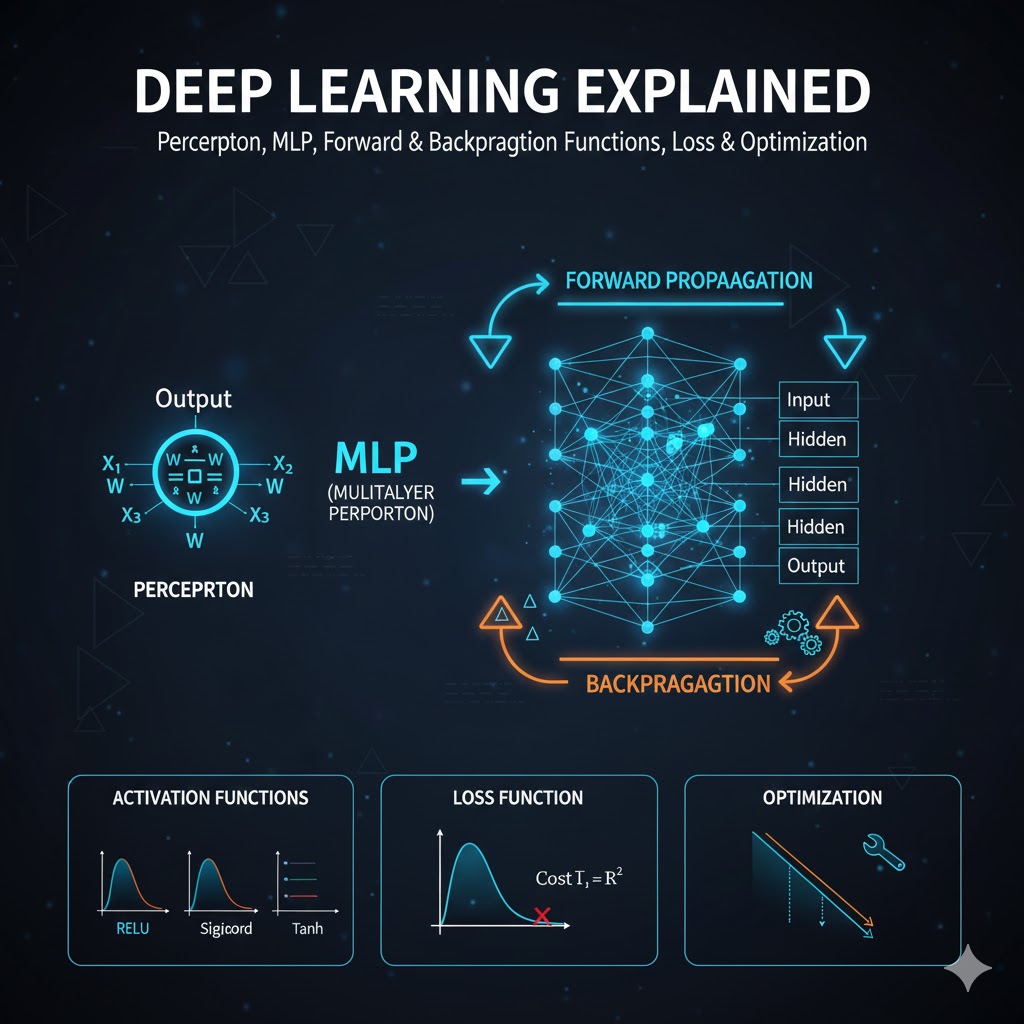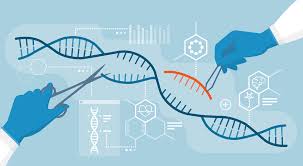
Immunotherapy: Advancing the Treatment of Liver Diseases
Immunotherapy is revolutionizing the treatment of liver diseases by leveraging the body’s immune system to combat liver cancer, chronic viral infections, and autoimmune conditions. This article explores various immunotherapy approaches, including checkpoint inhibitors, CAR-T cell therapy, cancer vaccines, and monoclonal antibodies. With ongoing research and clinical trials, these innovative treatments are showing promise in improving outcomes for patients with liver diseases. The future of immunotherapy holds potential for expanding treatment indications, overcoming resistance, and enhancing safety profiles, marking a significant advancement in liver disease management.











